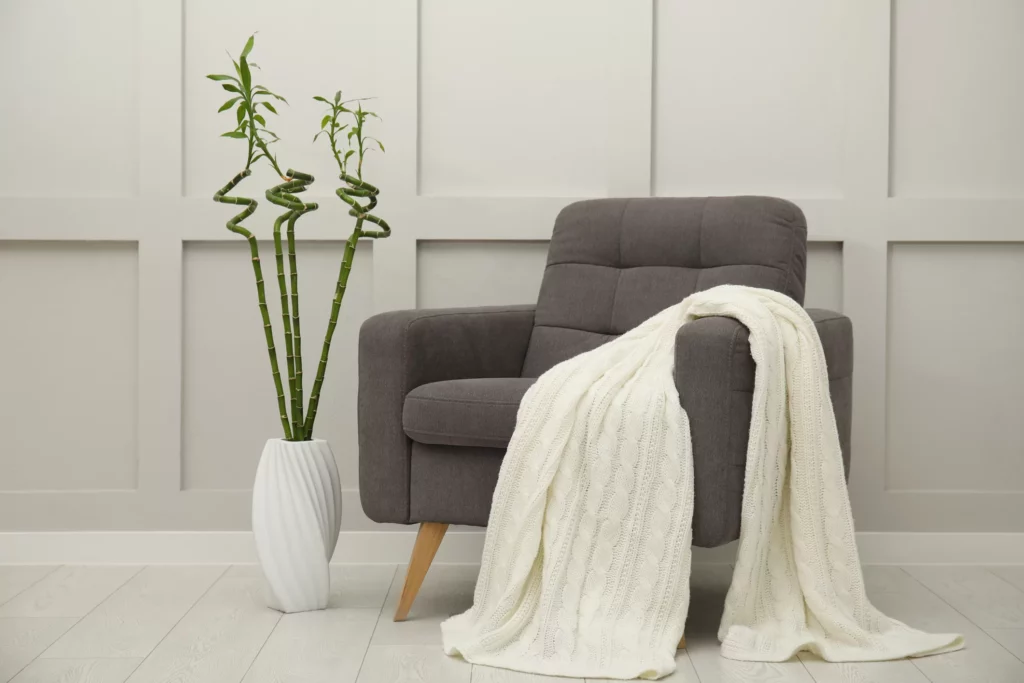Feng Shui Home Consultation
What is Feng Shui?
Feng Shui is an ancient Chinese practice and philosophy that focuses on harmonizing the environment to promote well-being, balance, and prosperity. It is based on the belief that the arrangement and orientation of objects and spaces in one’s surroundings can influence the flow of energy, or “chi,” which in turn affects a person’s life experiences and overall quality of life.
Key principles of Feng Shui
- Balancing Energy Flow: Feng Shui seeks to balance the flow of positive and negative energies (yin and yang) in a space to create harmony and vitality.
- Five Elements: It incorporates the use of five elements (wood, fire, earth, metal, and water) to enhance and control different aspects of life and energy.
- Bagua Map: The Bagua map is a fundamental tool in Feng Shui used to divide a space into nine areas, each representing different aspects of life (e.g., wealth, health, relationships). Adjustments to the environment are made based on this map to enhance these aspects.
- Placement and Arrangement: Feng Shui practitioners consider the placement of furniture, decor, and objects in a space, as well as the orientation of buildings, to optimize the flow of energy and promote positive outcomes.
- Color and Symbolism: The use of specific colors and symbols is important in Feng Shui to evoke particular energies and intentions.
Feng Shui is often applied to homes, offices, and other spaces to create a harmonious and supportive environment that aligns with an individual’s goals and desires. While it is considered a pseudoscience by many in the scientific community, it remains a popular practice in various cultures as a means of improving one’s life and surroundings through mindful design and arrangement.


